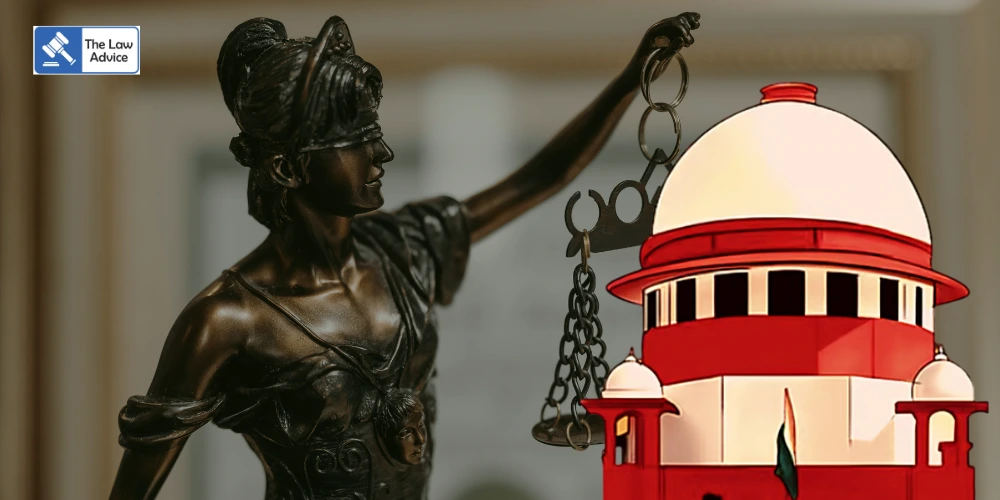The Supreme Court has extended relief to a Scheduled Tribe candidate whose selection for a government post in Jharkhand was cancelled for reporting one day late for the medical examination, despite clearing the preliminary, mains, and interview stages.
A Bench of Justices Vikram Nath and Sandeep Mehta set aside the Jharkhand High Court’s ruling, which had upheld the State’s rejection of her candidature, terming it valid. The Court observed that such rejection was disproportionate and unjust, especially considering the candidate’s proven merit.
The candidate, Shreya Kumari Tirkey, appeared for her medical examination the day after her interview schedule, whereas the Jharkhand Public Service Commission required her to appear on the day immediately following her own interview. The term “next day” used in the advertisement was found to be ambiguous and undefined, creating uncertainty.
Relying on the Supreme Court precedent in Uday Shankar Triyar v. Ram Kalewar Prasad Singh (2006) 1 SCC 75, the Court reaffirmed that procedural formalities cannot be used to defeat substantive rights.
“Instructions issued by respondent no. 3 prima facie do seem to be non-discriminatory and must be followed in their letter and spirit, but we cannot ignore the thread of ambiguity that runs through them, coupled with the absence of any redressal mechanism for candidates unable to appear on the scheduled day,” the Court observed.
The Court also invoked the principle of “prohibition of indirect discrimination” from Nitisha v. Union of India, originally a gender equality case, to emphasize its relevance for caste and marginalized communities.
It held that the State, as a model employer, has a constitutional duty under Articles 14, 15, and 16 to ensure policies do not indirectly discriminate. Procedural hurdles, while seemingly neutral, often disproportionately affect marginalized candidates, the Court noted.
“Even neutral, good-faith policies will be caught if their impact on persons with a particular characteristic is greater than on others. The appellant, being a member of a Scheduled Tribe, has already demonstrated her merit. Procedural ambiguities that adversely affect her constitute indirect discrimination,” the Court explained.
Court’s Findings
The Court found that:
• The appellant had successfully cleared all stages of the selection process.
• Her medical examination was missed only due to unclear instructions regarding the ‘next day’.
• There was no discriminatory intent, but the effect on a marginalized candidate was disproportionate.
Hence, the Court held that non-appearance under ambiguous instructions was discriminatory and not a valid reason for rejection.
The Supreme Court allowed the appeal, directing that:
1. The appellant be permitted to undergo the medical test.
2. Upon being found medically fit, she shall be appointed to the post, with a supernumerary position created if required.
3. She shall enjoy all benefits of seniority and increments.
Case Title: Shreya Kumari Tirkey v. The State of Jharkhand & Ors.
